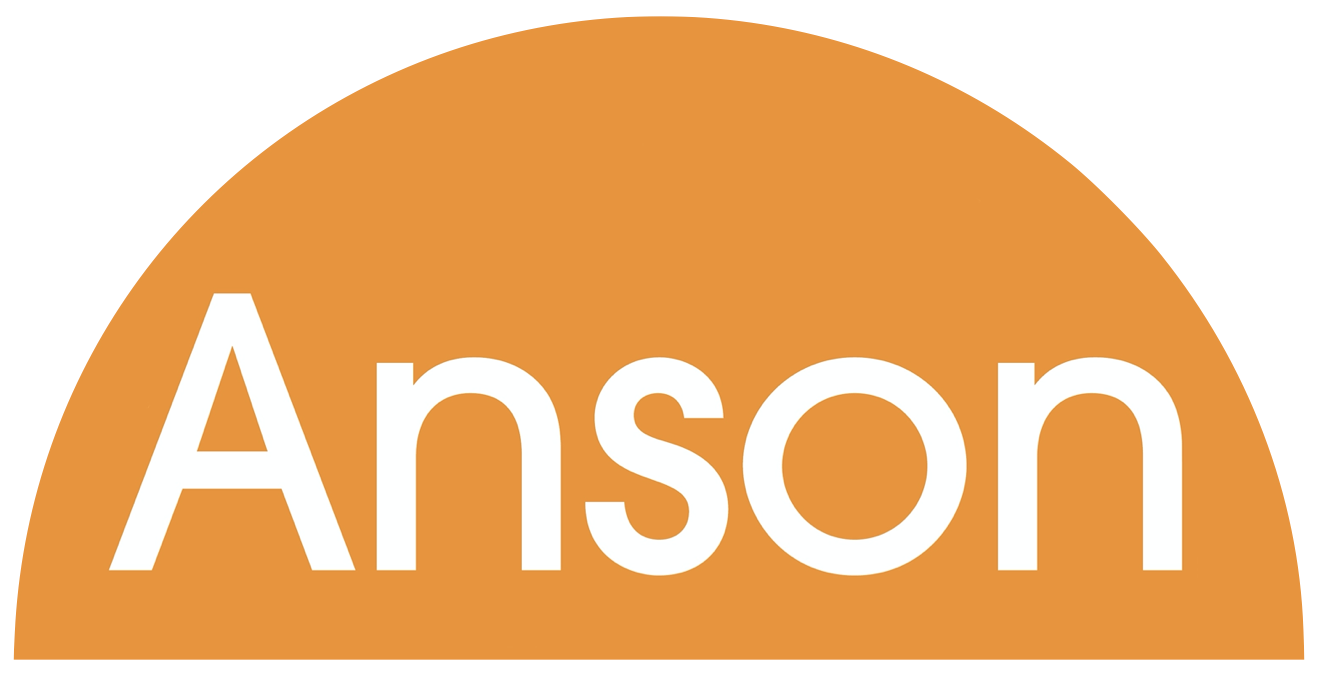Reading at Anson
At Anson Primary School we want all our children to flourish with a love of language and reading – it is at the heart of everything we do.
We know reading is a hugely important life skill and so the way in which we teach reading must enable children to become confident, reflective, quizzical and skilled readers. The sooner children learn to read, the greater their success at school.
In EYFS and KS1 we focus on learning to read and in KS2 the emphasis shifts to reading to learn.
Early Years
On entry to Reception class, children are taught to read through structured, daily teaching of systematic synthetic phonics. We use the Department for Education validated scheme, Little Wandle Letters and Sounds revised. The teaching of phonics helps children to recognise the different units of sounds that make up words, supporting them in learning how to read and spell effectively.
As part of our phonics programme, children read fully decodable texts linked to our Little Wandle programme. These reading practice books are used in class and taken home. These are supplemented with a sharing book – a picture book from the class book corner for parents to read to children at home for reading enjoyment.
As children progress through the programme, they go on to read a range of texts, both fiction and non-fiction, to give breadth and balance in developing their independent reading skills.
Reading Enrichment
The children across all year groups are captivated by adults reading aloud to them daily in class during story time. Indeed, in order to embed our Learning Behaviours at Anson, we base the themes of our assemblies around a story. Books such as Zog and The Very Hungry Caterpillar help children understand how to learn and bring together the whole school on the joy stories can bring.
Our class book corners are planned and designed to stimulate and enthuse children into reading and choosing books independently. They are organised in a way that shows the importance of looking after books and are categorised enabling children to gain an understanding of how they would see books organised in a bookshop or library.
In Key Stage One, alongside our phonics programme, we run Daily Supported Reading, giving children the opportunity to share and engage with high-quality book talk and discussion. This supports children with language development, comprehension skills and reading enjoyment. Each group of no more than six children is run by a trained adult. We also begin our journey with CLPE from Reception, so by the time children reach Key Stage One they are already well versed in understanding settings, characters, and the construction of stories.
In KS2, children extend the range of materials they read, including more challenging texts. The CLPE approach is taught in Years 3-6 to ensure that all children are adequately supported to become fluent and confident readers.
In reading sessions, children read a broad range of fiction, non-fiction and poetry; unpack and analyse vocabulary; develop various strategies to secure and enhance their understanding, such as skimming and scanning for information or re-reading; discuss texts in response to carefully planned questioning and talking points; and independently respond to what they have read with purposeful follow-up activities, allowing for immediate assessment and feedback by teachers and support staff. We recognise the value of reading to learn as well as learning to read: to this end, we ensure that reading opportunities are provided across the curriculum beyond timetabled reading sessions.
Additional reading support
As part of our Little Wandle phonics programme, we run keep up sessions across the school to give children who need some extra practice additional opportunity to consolidate learning. These are individual or group depending on the area of need.
We also run a reading recovery programme in KS2, where children are supported 1:1 to accelerate progress in reading using support from Coram Beanstalk. In KS2, to give those children who may need an extra boost with their desire for, and confidence in reading, we run additional reading sessions led by class teachers and TAs. This boosts children’s fluency and comprehension, as well as their interest in books and reading.
Curriculum
We believe that texts are key to unlocking the real and imaginary world for children and therefore plan our topics around key texts. This means that we can make tangible links for children and deepen experiences across subject areas. The children are exposed to and read a range of fiction and non-fiction books, which are also used as a stimulus and as models for their own writing. The children have opportunities to explore texts they have heard or read, through weekly drama lessons, which also prepare them for their writing.
We love words and language at Anson Primary School and high quality books enable us, and the children, to magpie words that excite us as readers, which we can then use in our writing. Enrichment experiences such a theatre experiences, visits from dinosaurs and hot-seating characters allows children to truly have something to say and something to write about.
Parents & Home Reading – We have home reading records that parents complete when books are changed. These are monitored by school and, where necessary, support is put in place.
Parents support school book events such as World Book Day and Book Fairs. Open classrooms also help parents access the classrooms and see reading in action.
We are a school with a vision for happy, confident and creative children with a lifelong love of learning.
We know that the world of books can lead children to find happiness in imaginary worlds and the discovery of new language and information. Reading makes children confident in all areas of their learning and encourages creative thinking both in the way they speak and the words they write. If we unlock the power of reading at primary school were are opening up a world of opportunity giving them a lifelong love of reading.
